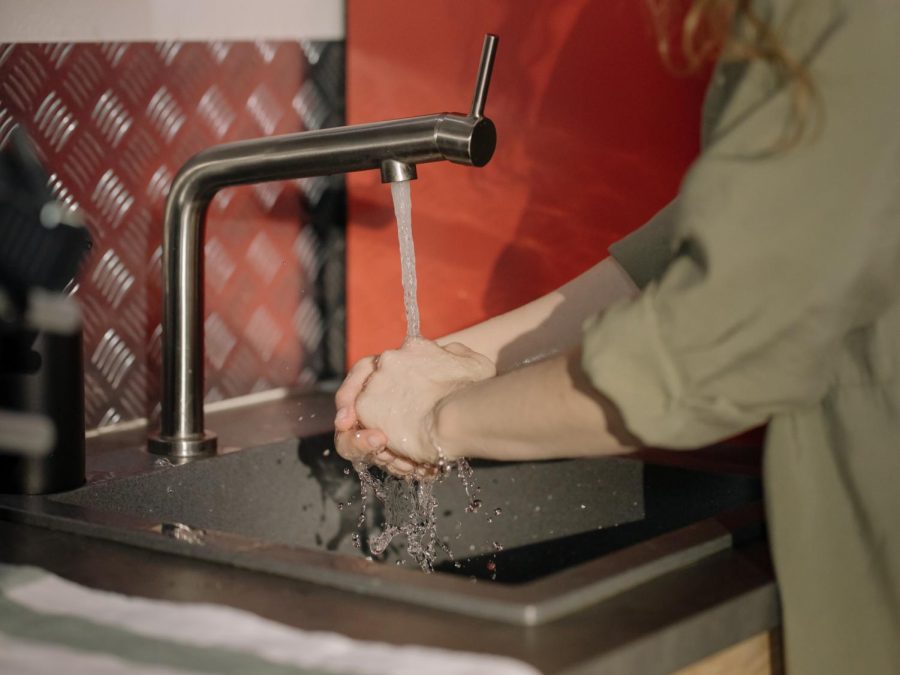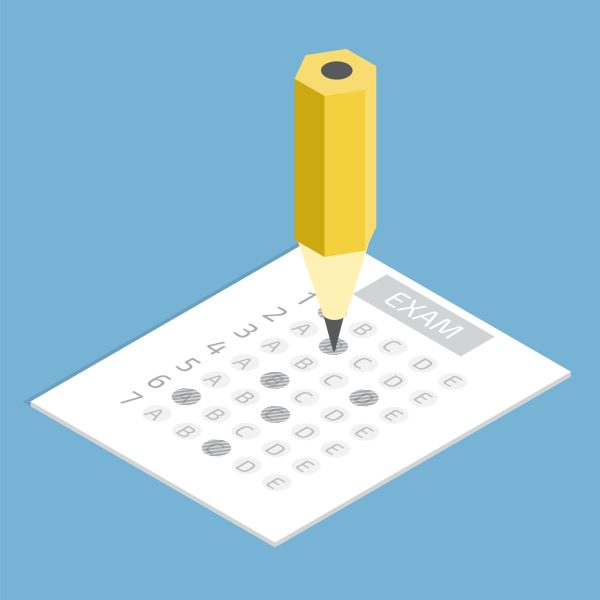The Science behind Washing Your Hands
A closer look at why you should wash your hands to prevent infection from COVID-19
The coronavirus – or COVID-19, as some would call it -is ravaging the world, as of the past few months. A cure and treatment have yet to be created and the virus is now causing mass death across the world. For now, medical professionals say all we can do for now is stay home and wash our hands. Let’s go through the science of how the virus works and how washing your hands kills the virus.
A virus is an odd entity – it’s not exactly living, yet not dead, either. The virus has one goal: making more of itself and spreading out to the rest of the body. They accomplish this goal by injecting a healthy cell (in the case of COVID-19 cells in the lungs) with its RNA. The cell soon bursts and releases more of the virus. This causes sickness on a wide level, along with COVID-19’s severe coughing and respiratory problems.
As mentioned before, since there is no known cure or treatment for the coronavirus, all we can do now is wash our hands to kill it. Here’s why.
From what we know, the virus is protected by a layer of fat. Once we wash our hands with soap and water, the soap breaks down the fat and exposes the virus’s insides, therefore washing the virus away and killing, or deactivating, it (again, viruses are not exactly living). Using hand sanitizer is not the most effective way to kill a virus, but it’s better than nothing when there is not soap and water available to wash your hands with. It’s not a perfect way to prevent yourself from getting it but for now, it’s all we can do.







